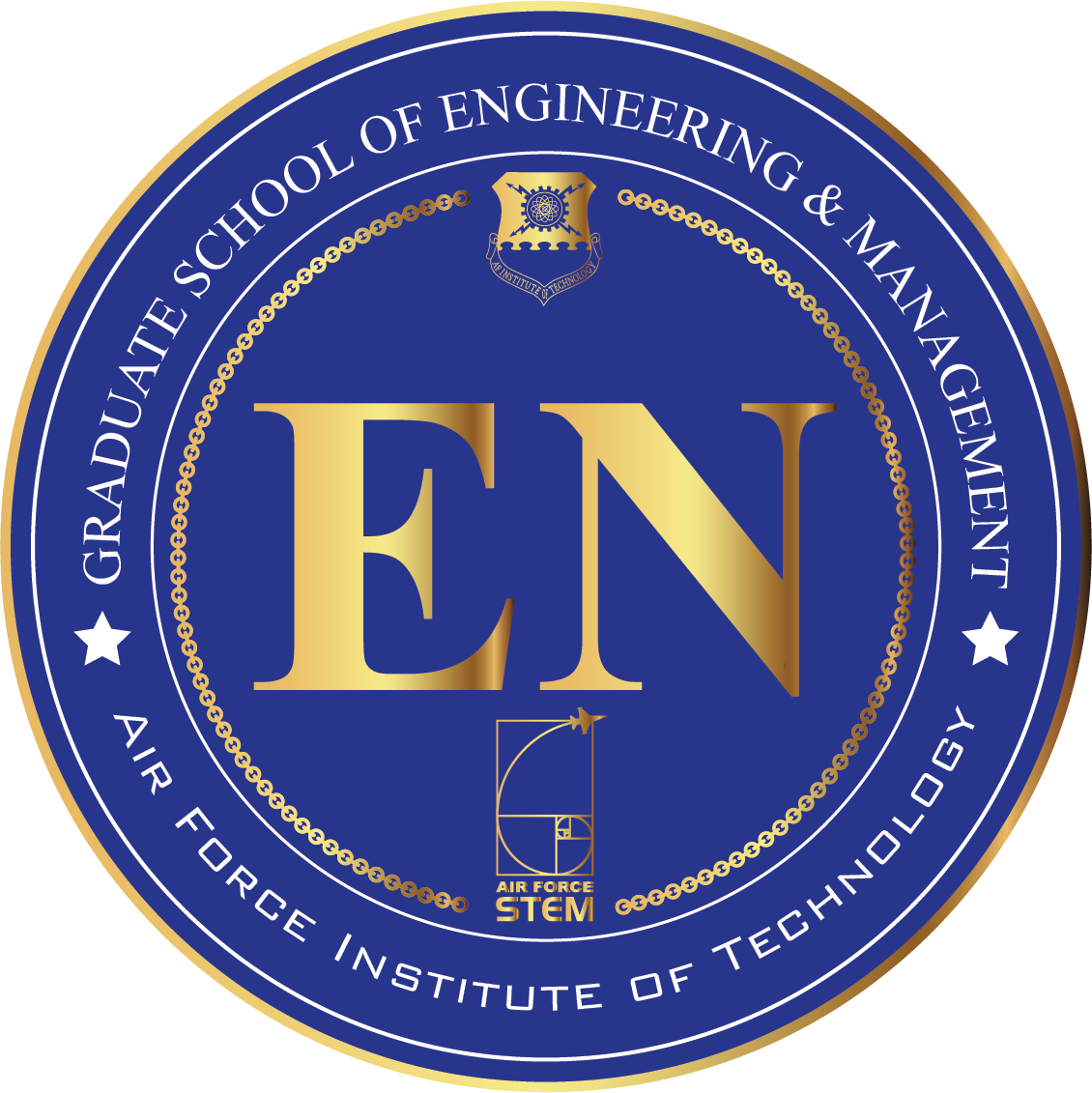Highlighting Student AI Research in Education
By Dr. Mark Reith
Professor of Computer Science
Air Force Institute of Technology
Over the past three years, I’ve been pleasantly surprised by the strong interest from graduate students in AI and the learning process. Perhaps the challenges of graduate school induce an interest in finding better ways of learning STEM topics. Alternatively, students might be inspired by the many public articles from both DoD and civic leaders. In any case, a natural curiosity has taken root, and as faculty we should make the most of the opportunity. The DoD has a perpetual need for workforce development. From new accessions to new jobs/responsibilities to new technology and tools, the DoD’s massive workforce development requirement motivates us to find better ways to upskill.
Personalized Learning Paths
Maj. Sean Mochocki, AFIT computer science Ph.D. student, is
investigating how AI techniques might be used to generate a sequence of
learning activities that is personalized for a specific learner. Analogous to a
recommender system on YouTube or Netflix, this personalized learning path from current
competency to a specific goal using a finite set of learning materials might
help optimize the learning experience. Read about his work in “Personalized
Learning Path Problem Variations: Computational Complexity and AI Approaches,”
(Mochocki et al., 2024) online at https://ieeexplore.ieee.org/document/10722910.
Lt. Col. Scott Harned, AFIT computer science Ph.D. student, is pursuing a
similar line of research that involves knowledge representation and student engagement.
Game-based Assessment
Capt. Kevin Patterson (M.S. Computer Science, 2024) investigated
how large language models (LLMs) might help generate narrative stories interlaced
with assessment questions. The theory involves reducing learner test anxiety by
making the assessment into more of a game, specifically applying general
knowledge to specific scenarios. Read about his work in a pre-publication manuscript
called “Game-Based Assessments: Evaluation of ChatGPT Narrative Integration” available
upon request.
Serious Game Evaluation
Lt. Matthew Douglas (AFIT M.S. student, Cyber Operations) and Capt. Michael Hastriter (M.S. Cyber Operations, 2024) investigated how AI agents explore the state space of an educational game to estimate learning value. Capt. Hastriter focused on crafting two types of AI agents to assist with the exploration. The first, representing the learner, pursued a strategy of winning, while the second, representing the teacher, pursued a strategy of maximizing learning outcomes. Through thousands of simulations, we can estimate the probability of a learner experiencing a situation or decision point that aligns with one or more learning objectives. Lt. Douglas built upon this work by using model checking to validate Capt. Hastriter’s findings and craft more nuanced queries. You can read about their work in a pre-publication manuscript called “Measuring the Presentation of Supporting Content for a Set of Learning Objectives Throughout the States of an Educational Game Tree and Evaluating Real-World Learning Outcomes” available upon request.
The advances in AI seem to suggest that the future of learning
is bright and exciting. To learn more about these research efforts, reach out
to Dr. Mark Reith, AFIT
Professor of Computer Science, for additional information.
